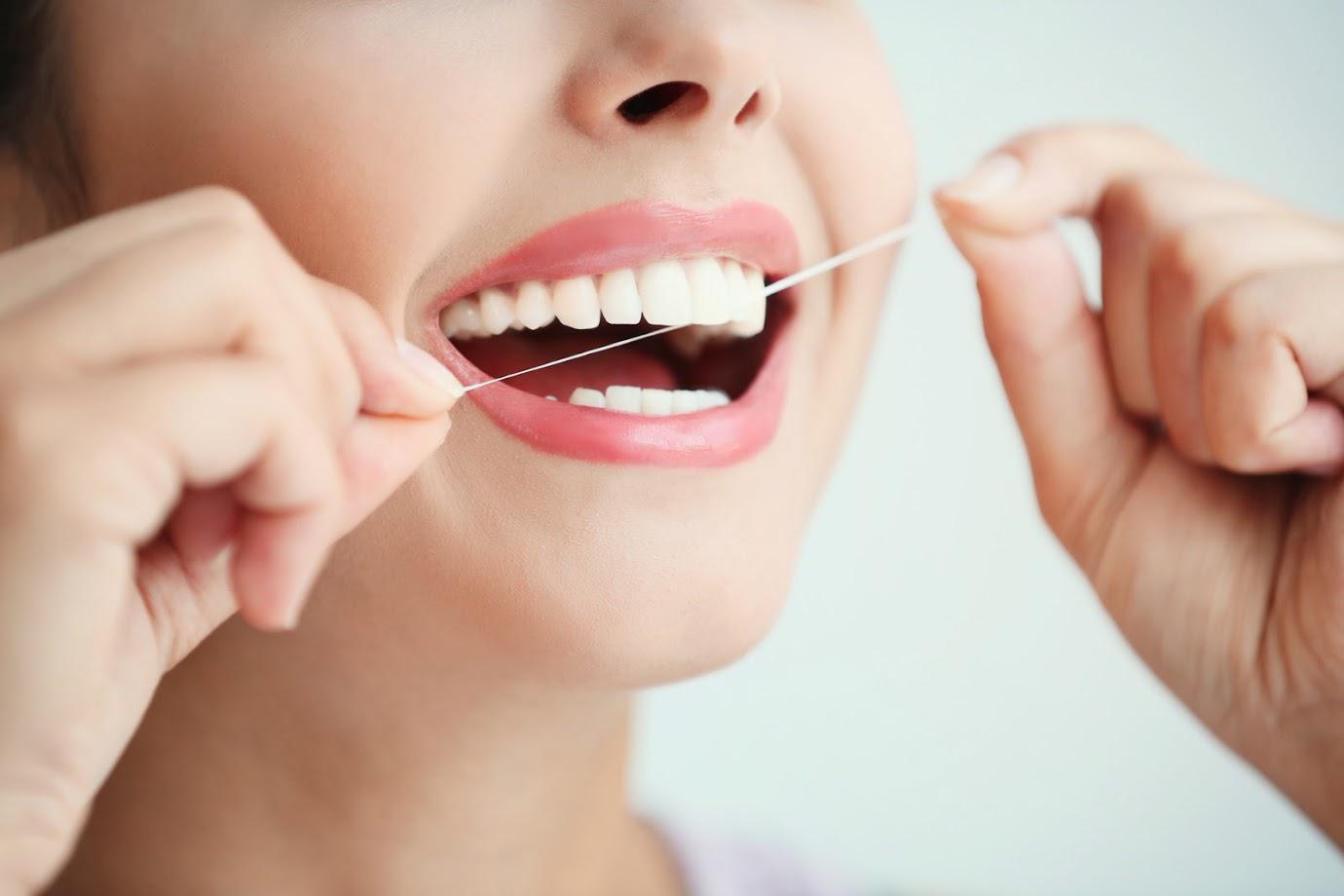3 Ways to Win Your Battle Against Oral Bacteria

The human mouth hosts some 700 different strains of bacteria. While many of these strains actually help to promote oral health, others, including streptococcus mutans and porphyromonas gingivalis, can cause problems ranging from tooth decay to chronic, progressive gum disease.
Fortunately, you have more control of your mouth’s ecosystem of microorganisms than you might think, especially when you understand how certain smart strategies can help you ward off the negative effects of unhealthy oral bacteria. Consider implementing the following three protective measures.
1. Brush and Floss Regularly
Bacteria cause trouble for the teeth and gums when they latch onto food particles and saliva, a mixture known as plaque. As they feed on this material, they release acids. The acids can thin tooth enamel or even eat holes in it, exposing the sensitive nerve tissue beneath and setting the stage for root canal infections.
Bacteria on the gums also triggers an inflammatory reaction from the immune system. This reaction can harm the tissues that keep your teeth secured in their sockets, producing a serious problem known as periodontitis that can result in tooth loss.
When you brush and floss regularly, you get rid of the plaque that attracts bacteria before the plaque can harden into tartar. To take care of the tartar that accumulates despite careful dental hygiene practices, schedule periodic dental cleanings. Your dentist has the right tools and techniques to scrape that tartar away.
2. Don’t Let Your Mouth Dry Out
Xerostomia, or dry mouth, can allow destructive bacteria to grow out of control in your mouth. Saliva serves as a natural shield against bacteria by coating your mouth and protecting your teeth. Without this protection, you face elevated risks of tooth decay, gum disease, and other unpleasant oral problems.
If you suffer from a dry mouth, certain lifestyle changes may reduce or correct the condition. For example, you may want to stop drinking alcoholic beverages, since alcohol has a drying effect. You might also steer clear of smoking, caffeine, salty foods, and carbonated drinks. Make sure to drink lots of water throughout the day.
3. Eat for Oral Health
Strategic dietary and nutritional choices can play a major role in your ability to keep destructive oral bacteria at bay. Some foods can help you keep your teeth clean and free of bacteria, while others can bolster your oral structures’ natural defenses against the effects of any remaining bacteria.
Rough or crunchy foods can act as nature’s toothbrush, scrubbing plaque off of tooth surfaces and thus depriving bacteria of a primary food supply. Enjoy healthy foods such as apples, pears, celery, carrots, nuts, and leafy greens. These foods also contain dietary fiber, which may help your mouth resist periodontal disease.
Enhance your menu with foods known to possess antibacterial properties. Examples include raw onions, basil, shiitake mushrooms, and wasabi. If you seek an effective antibacterial beverage, drink plenty of green tea. This popular drink contains substances that destroy oral bacteria and help protect against gum disease.
Don’t neglect your daily complement of mouth-healthy nutrients. Calcium, phosphorus, and magnesium help the saliva remineralize tooth enamel, making it more resistant to the acids produced by bacteria. Always complement your calcium intake with vitamin D, which helps your body make full use of this key mineral.
Good dietary sources of calcium include cheese, milk, yogurt, leafy greens, and nuts. (Many nuts also contain other tooth-strengthening nutrients such as vitamin D, magnesium, and phosphorus.) Your body makes its own Vitamin D when exposed to sunlight, but you can also purchase vitamin D in supplement form if necessary.
Antioxidants such as vitamin C protect the body’s tissues against cellular damage and inflammation. Eat plenty of colorful fruits and vegetables to get your daily antioxidant quota.
Apollo Dental Center can help you maintain an intelligent, effective routine for controlling oral bacteria for healthier gums and teeth. Contact our Rochester dental clinic today to learn more and schedule an appointment.

